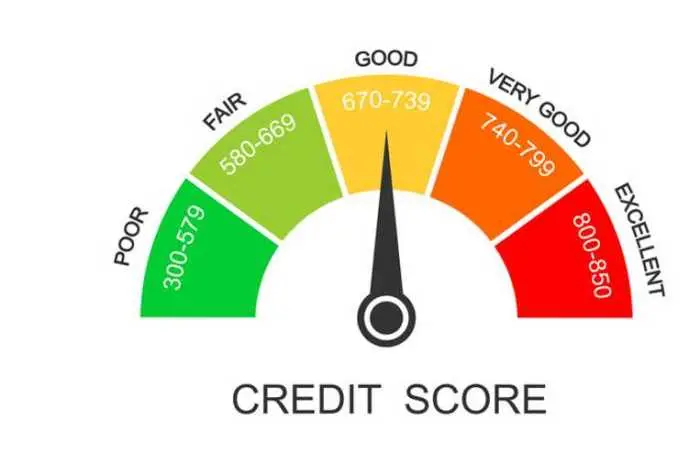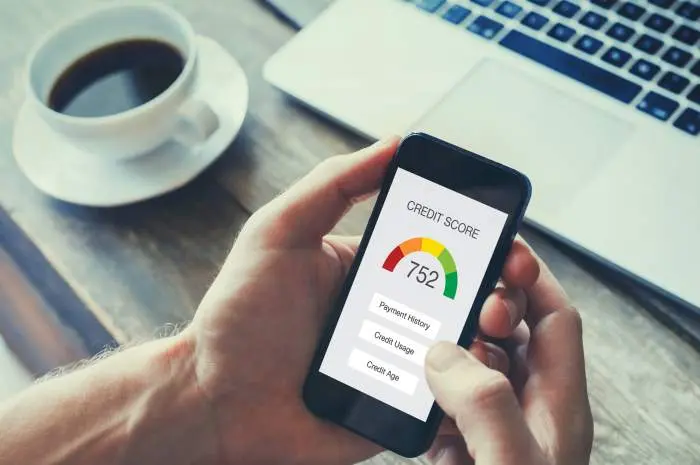Credit Score Scale: What Score Should You Look out For?
So you’re a debtor looking to apply for a bank loan or mortgage cover. One thing that could make your dream come true or dim it in one sway is your credit score. Lenders always dig up your credit report and credit score before they determine whether or not to approve your borrowing request. So what is this credit score thing about? Why do you really need it and what effect does it have on your financial health?
What Exactly Is A Credit Score?
When you make up your mind to get a loan or apply for a mortgage, the lenders conduct a background check on your financial record to ascertain your eligibility for approval. This eligibility assessment is based on a weighted system with a credit score as the aggregated result. Most lenders use FICO scores that are based on the aggregates given by the 3 major credit bureaus – TransUnion, Experian, and Equifax.
Each of these is calculated based on the information the company has on file about you, and that makes it understandable that the scores might vary sometimes. The FICO scores have a range of 300-850. A score of about 740 is considered as excellent, with the person in question accorded more “leeway” in their borrowing as opposed to someone with a lower aggregate. That’s what the credit score is about.
Why You Need a Good Credit Score
Now that you have understood what a credit score really is, you might be asking yourself why you need to keep it high.
First off, a good credit score is a sure way of landing a great deal with a lender and getting a loan or mortgage at a much less interest rate than someone with a poor score. You see, the lending system is structured in a way that benefits smart debtors. People with a good credit score and payment history are awarded a lower interest on their loans. With that, you save more money. This assured benefit should make you want to prop up your credit score.
When you’ve a credit score of over 740, a lender will be more inclined to lend you more money since you’ve a low credit risk and enough proof of your ability to pay on time. This way, you can afford more stuff through loans. Also, some employers may opt to check your credit reports before hiring you, and a good impression on that might land you the job based on the judgment that you’re organized and responsible. No sane employer out there would entrust you with huge company responsibilities and resources if you can’t even manage your very own!
What Affects Your Credit Score?
You can’t guard something if you’ve no idea what might harm it and in what ways it might be harmed. That’s why you’ve to understand what could potentially lower your credit score and take steps to forestall it.
First of all, a whole 35% contribution to your credit score aggregate comes from your payment history. If you’ve been paying back what you owe other people or lenders, then you can be pretty sure this will reflect on your credit score in a really good way. For that reason, you should always do your best to clear your credit card. If you’ve to miss payments, keep it minimal and don’t let the situation turn into a severity – that’s not a welcome factor when it comes to rising credit scores.
If you’ve any unfavorable records like bankruptcy, tax penalties and judgments, it’s highly advisable that you make arrangements to clear them up soonest possible. Failure to do so might affect your income, financial stability, or your economic activity. That would mess up your credit score and therefore compromise your eligibility to borrow money or apply for a mortgage. You seriously want to avoid that. Also, be careful about opening many unnecessary credit accounts. Too many of those, coupled with a high number of entities checking your credit score and credit reports, would undermine your score and cast you in a bad light with lenders.
How to Boost Your Credit Score
Here’s is how you boost your credit score:
- Pay what you owe: You’ll never be in the good books of lenders if all you do is dodge credit card, student loans, and such like payments. You’ll only end up with your credit score down at 300 – and that’s totally useless in vouching for a loan or mortgage.
- Don’t open so many accounts: One mistake people make is opening many credit accounts when they don’t even need them. Instead, concentrate on increasing your credit score on the existing accounts and have a sharp eye for any errors. You realize that an error can have a profound negative effect on your credit score if left unsolved. Correct them and streamline your credit reports and financial records.
- Make real plans to tackle your debts instead of revolving them around since it can also decrease the retirement saving an American problem which most faces. If you’ve revolve them around, make sure to keep the balances low and easily manageable. This will create a good impression showing that you know how to manage your debts. Also, reduce your debt-to-income ratio to leave a good extra amount with you after covering your monthly payments. This shows that you’ve enough to spare for extra payments if you happen to take a loan or mortgage. This is definitely good for your credit score.
- Cover your bills on time and pay off any pending tax liens, judgments, and collections. First, creditors hate people who don’t remit their payments in time. Secondly, any unsettled money issues taint your score with the stench of a debt deserter. Why would you want that?
Basically, a good credit score means that you’re better positioned to acquire loans and mortgages at low cost. It’s what makes you attractive to the lenders and can ultimately open various financial doors and greatly help you shape your future. Any smart person will obviously do everything they can to boost their credit score and reap the benefits.



